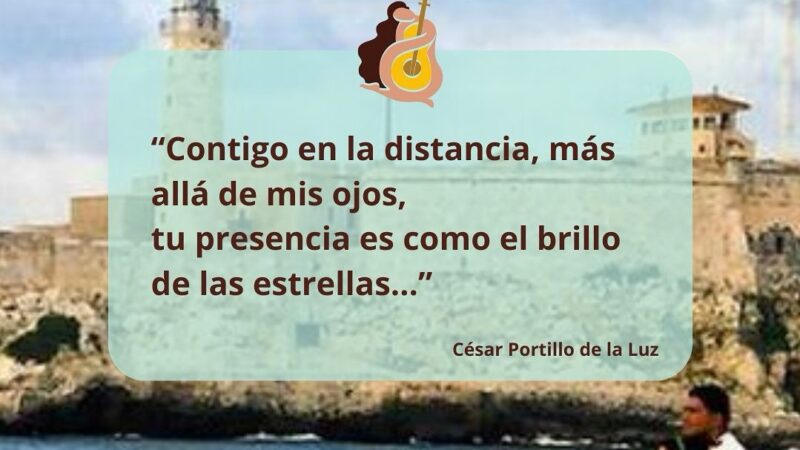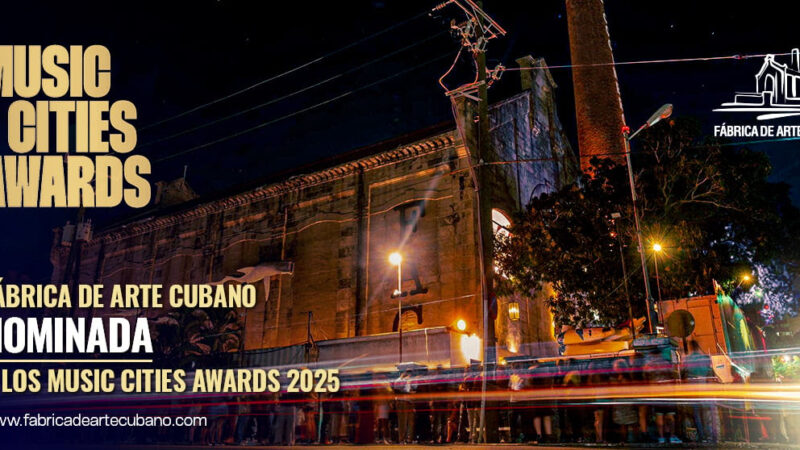And Havana Greeted the Victorious Rebel Army!
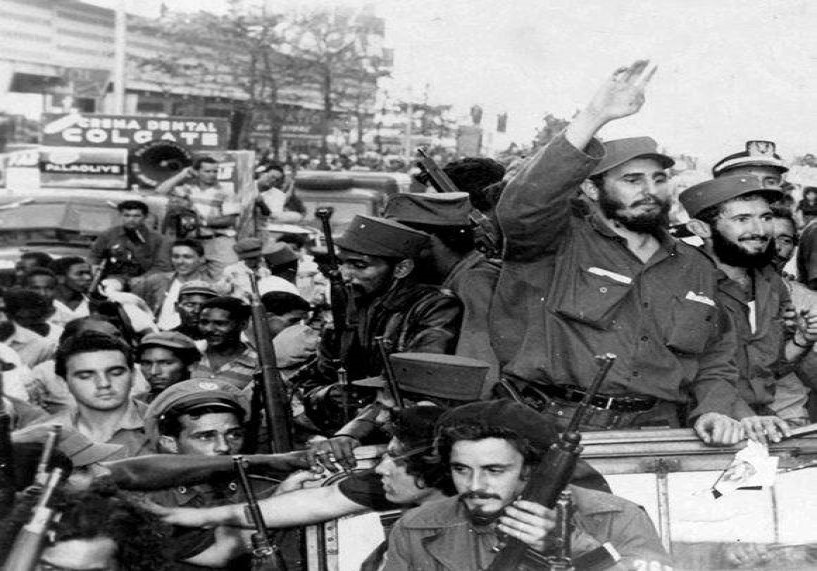
The new year had surprised Cubans with the great news of the revolutionary triumph.
Thus ended two long years of fierce and unequal struggle from the beginning of the war of liberation with the landing of the Granma yacht and the first battles to the opening of the Second and Third Eastern Fronts, the crushing defeat of Batista’s last offensive in the Sierra Maestra, the Invasion of the West led by commanders Ernesto Che Guevara and Camilo Cienfuegos, as well as the decisive battles in the eastern part of Cuba and Las Villas.
On January 2, 1959, the Freedom Caravan, led by Fidel Castro, left Santiago de Cuba for the Cuban capital. The jubilation was overflowing among the people, who took to the streets and highways, cheering with great displays of affection and admiration for the fighters of the triumphant Rebel Army who were part of it.
As Commander-in-Chief Fidel Castro passed through the cities on his long journey to Havana, with hardly any rest, he was defining the bases of the administrative organization, indicating the functioning of the military commands, ordering the start of the most urgent reconstruction tasks, and urging the fulfillment of duty and responsibility.
The people of Havana, like the rest of Cuba, followed the rebels’ journey on the radio, and on January 8, they were loudly communicating: «Fidel is already in El Cotorro, on one of the tanks occupied by the Batista army… he has just embraced his son Fidelito… the workers of the Cotorro Brewery are the hosts for a few minutes… now he is going to the Virgen del Camino and will continue his journey…»
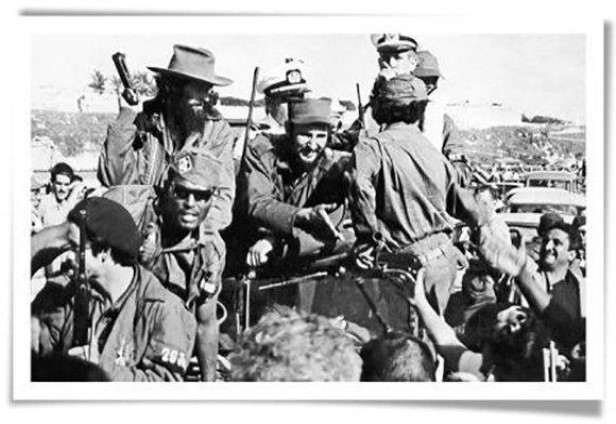
And Havana unfurled its flags, loudspeakers, and sirens, even those of the ships and those moments of the journey along the Calzada de Luyanó, Concha towards Atarés, the railway overpasses, Avenida del Puerto, the Museum of the Revolution (the former Presidential Palace), the Malecón, Calle 23 in Vedado, and 41 and 31 in Playa would be unforgettable!
The arrival of the Freedom Caravan at its planned destination for that day took many hours. In what had been the fortress of the pro-imperialist tyranny and the scene of the military coup staged by the tyrant Fulgencio Batista on March 10, 1952, known as the Columbia Military Camp (today Ciudad Libertad), the people entered freely that night to listen to the words of the leader of the Revolution.
He thanked, above all, those who had welcomed and accompanied him throughout the country and acknowledged: «Our strongest column, our best troop, the only troop capable of winning the war alone, that troop is the people… We will never let our people down!
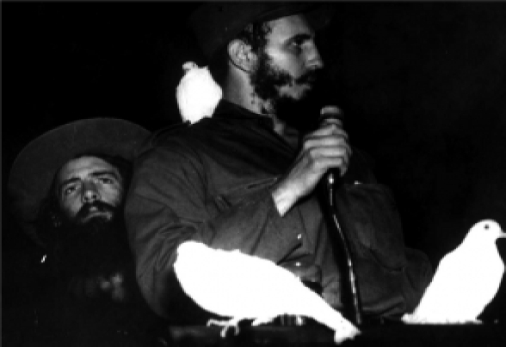
Cuba was now master of its destiny, and dreams would begin to be surpassed by reality. As a beautiful symbol, three doves from a nearby house were awakened by the noise and applause of the people gathered there. Attracted by the light of the spotlights that shone so brightly on Fidel, they began to flutter around him, and one landed on his left shoulder while the other two walked along the edge of the podium from where he was speaking.
Today we do not forget those memorable days. Young Cubans are once again walking the furrows of history on January 2, when they left Santiago de Cuba, they have been reliving the exciting days when the Freedom Caravan, with Fidel at its head, traveled a thousand kilometers to its triumphal entry into Havana.
It is a tradition for the new generations to celebrate this event every year, with displays of enthusiasm and revolutionary commitment during its march through numerous villages. They show a renewed joy of knowing they are part of a social project, renewed every day and strengthened by the unity that emanates from shared achievements and setbacks.
They are joined by the people and many of the protagonists of the beautiful freedom heroic deed of 64 years ago, which brought dignity and sovereignty to the homeland, with the emotion of reliving that clarion call in January that was the light of dawn.


